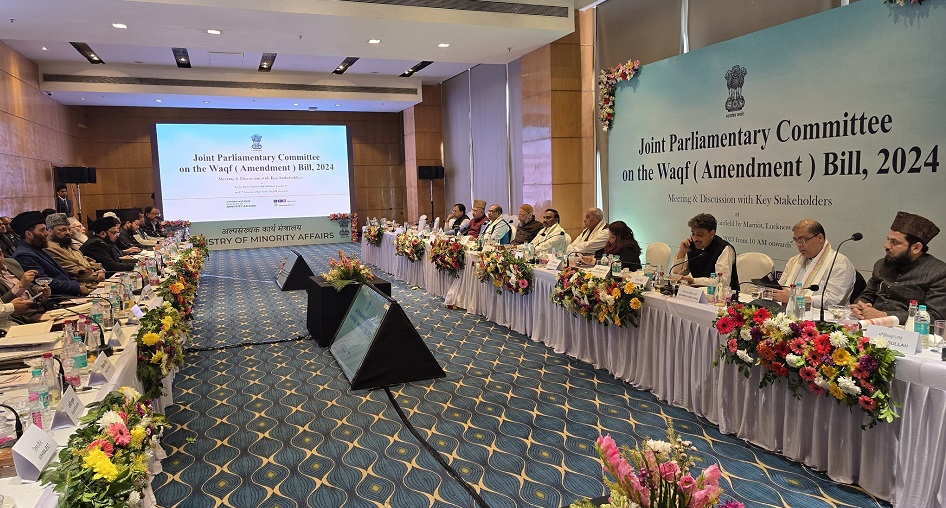
Parliament Passes Waqf Amendment Bill Amidst Intense Debate
The Indian Parliament has passed the Waqf (Amendment) Bill, 2024, introducing significant changes to the governance and oversight of waqf properties—charitable assets governed by Islamic law. The bill aims to improve transparency, inclusivity, and accountability in the functioning of waqf boards across the country.
Among the most notable changes is the provision to include non-Muslim members on waqf boards, as well as mandatory representation from various Muslim sects and from women. The amendment also grants the central government the authority to lay down rules regarding the registration, auditing, and financial management of waqf properties.
Political and Public Reactions
The bill has triggered sharp political debates and divided opinions in Parliament and among various stakeholders. Supporters argue that the changes are intended to modernize the waqf system, curb corruption, and ensure inclusive representation in decision-making bodies. They view the reforms as necessary steps toward greater accountability and efficient use of waqf assets.
Critics, however, have raised alarms over the inclusion of non-Muslims in waqf boards, seeing it as a violation of religious autonomy and a move that could undermine the community’s control over its religious endowments. Opposition leaders and some Muslim organizations have called the bill intrusive and cautioned that it may lead to increased state interference in religious affairs.
Historical Context and Future Implications
India is home to more than 870,000 waqf properties, collectively spread across nearly 9.4 lakh acres, making the waqf system one of the largest holders of land and charitable resources in the country. Issues of mismanagement and underutilization have long plagued the waqf system, prompting repeated calls for reform.
With the passage of this bill, the government aims to streamline the administration of these properties and make the system more responsive to public interest. The emphasis on transparency and structural reform could bring overdue changes, but the opposition’s concerns reflect broader anxieties about the protection of minority rights and religious freedoms.
Next Steps
The bill will now move forward for presidential assent before becoming law. Its implementation is expected to be closely monitored by both supporters and critics, given the sensitive nature of religious and community-based governance in India.
As the discourse continues, the Waqf (Amendment) Bill stands at the intersection of reform and religious autonomy, posing significant questions about the balance between modernization and the preservation of minority institutional rights.


















